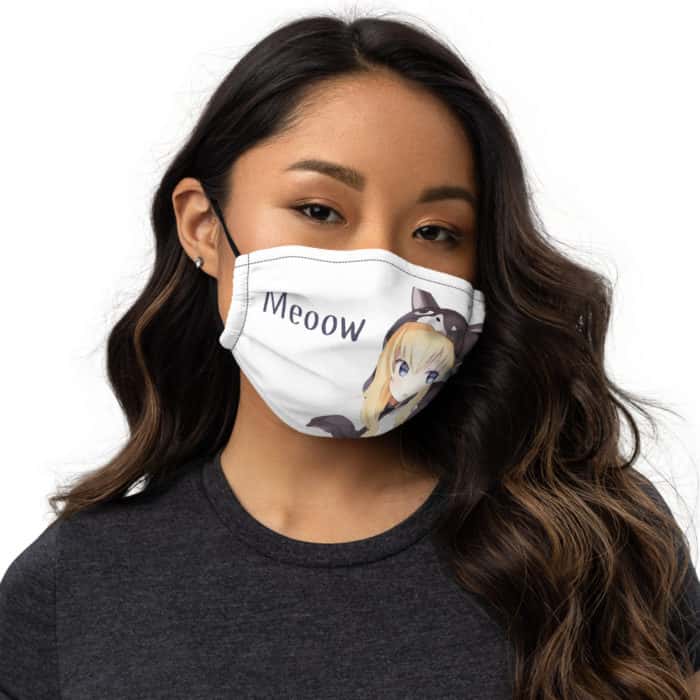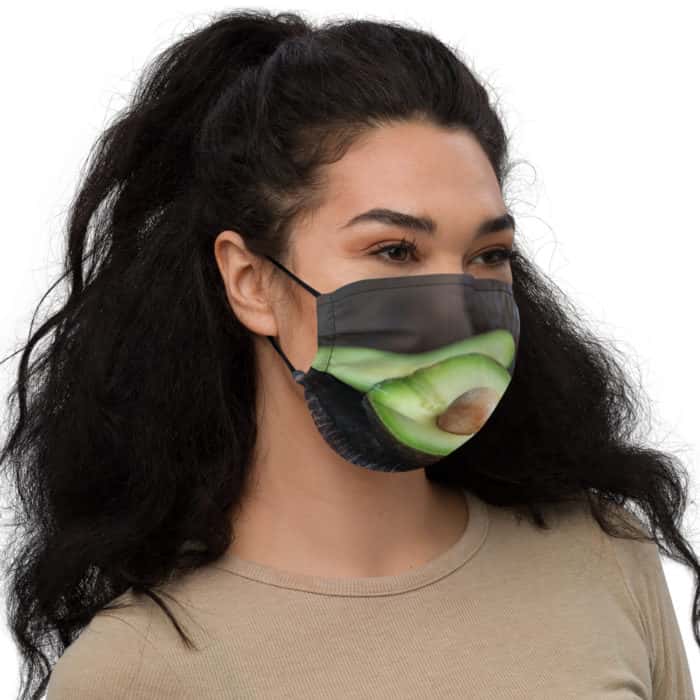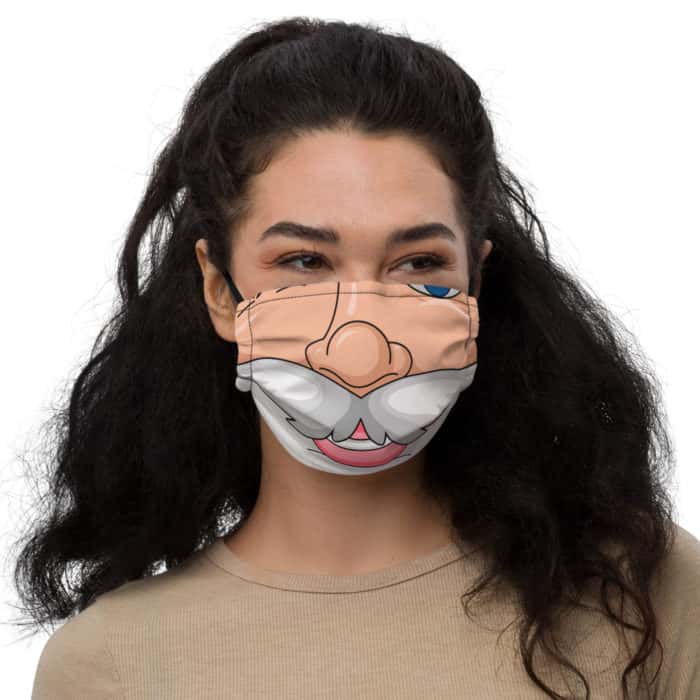Japan is known for its unique fashion trends and cultural norms. One common question that arises among visitors is whether it is acceptable to wear jeans in Japan. Let’s explore the answer to this query and gain insights into the country’s fashion etiquette.
1. Are jeans commonly worn in Japan?
Jeans have become increasingly popular in Japan over the years and are now a common sight in everyday fashion. While traditional Japanese clothing such as kimono and yukata still hold cultural significance, jeans have made their mark as a versatile and stylish option for both casual and semi-formal occasions.
History of Jeans in Japan
The introduction of jeans to Japan can be traced back to the post-World War II era when American soldiers stationed in Japan brought them as part of their military attire. However, it wasn’t until the 1960s and 1970s that jeans gained widespread popularity among Japanese youth, thanks to the influence of Western fashion trends.
Popularity Among Different Age Groups
Today, jeans are worn by people of all ages in Japan. Younger generations often opt for trendy styles like skinny or distressed jeans, while older individuals may prefer more classic cuts like straight or bootcut. Regardless of age, jeans are seen as a comfortable and practical choice for everyday wear.
List of Reasons Why Jeans are Popular:
- Comfortable fit
- Versatility for different occasions
- Durable fabric
- Wide range of styles and washes available
- Influence from Western fashion trends
Overall, jeans have become an integral part of Japanese fashion culture, reflecting the country’s embrace of international influences while still maintaining its unique sense of style. Whether strolling through the bustling streets of Tokyo or exploring the serene countryside, you’re likely to spot many locals rocking their favorite pair of jeans with confidence and flair.
2. What is the general attitude towards wearing jeans in Japan?
In Japan, the general attitude towards wearing jeans has evolved over time. Initially, jeans were seen as a symbol of rebellion and associated with Western culture. However, in recent years, jeans have become widely accepted and are now considered a staple in Japanese fashion. Many people, especially younger generations, embrace jeans as a versatile and comfortable clothing option.
Jeans for Everyday Wear
Jeans are commonly worn for casual occasions such as going out with friends, running errands, or attending informal gatherings. They provide a relaxed yet trendy look that appeals to both men and women. The popularity of jeans can be attributed to their durability and versatility, making them suitable for various activities throughout the day.
Jeans as Fashion Statements
Beyond being practical attire, jeans have also become an important fashion statement in Japan. People often express their individuality through different styles and cuts of jeans. From skinny to wide-leg or distressed to high-waisted, there is a wide range of options available in the Japanese market to cater to diverse fashion preferences.
Influence of Western Fashion
The acceptance of wearing jeans in Japan can be partly attributed to the influence of Western fashion trends. As Japanese society becomes more globalized and interconnected with international cultures, the popularity of jeans has grown significantly. Western celebrities and influencers often showcase denim looks on social media platforms, inspiring Japanese individuals to incorporate jeans into their own wardrobes.
Overall, the general attitude towards wearing jeans in Japan has shifted from one of resistance to one of acceptance and even admiration for their fashionable appeal.
3. Are there any cultural considerations or customs regarding wearing jeans in Japan?
While wearing jeans is generally accepted in Japan, there are still some cultural considerations and customs that individuals should be aware of.
Formality and Dress Codes
In more formal settings such as traditional ceremonies, business meetings, or upscale restaurants, it is generally expected to dress in a more formal manner. Wearing jeans may be considered too casual for these occasions, and it is advisable to opt for dress pants or skirts instead. It is always best to check the dress code or consult with locals if unsure about appropriate attire.
Respecting Sacred Places
When visiting temples or other sacred sites in Japan, it is important to show respect by dressing modestly. While jeans themselves are usually acceptable, it is recommended to pair them with a more conservative top and avoid any clothing that may be deemed inappropriate or disrespectful. This applies to both tourists and locals alike.
Footwear Etiquette
Another cultural consideration related to wearing jeans in Japan involves footwear etiquette. In many homes, traditional establishments, or certain public spaces like tatami rooms, it is customary to remove shoes before entering. When wearing jeans in these situations, it is important to choose socks or stockings that match the formality of the occasion and ensure they are clean and presentable.
By being mindful of these cultural considerations and customs, individuals can navigate their choice of wearing jeans appropriately in different settings within Japanese society.
4. Can you wear jeans to work or formal occasions in Japan?
The acceptability of wearing jeans to work or formal occasions in Japan largely depends on the specific workplace culture and the level of formality required for the event.
Workplace Dress Codes
In many traditional Japanese companies or industries with strict dress codes, such as finance or law firms, wearing jeans may not be considered appropriate for daily office wear. These workplaces often have a more formal atmosphere where employees are expected to dress professionally in suits, dresses, or business attire.
Casual Work Environments
However, in more casual work environments or creative industries such as advertising, design, or tech startups, wearing jeans to the office is often acceptable. Many companies have embraced a more relaxed dress code that allows employees to express their personal style while maintaining professionalism. In these cases, pairing jeans with a neat blouse or collared shirt can strike the right balance between comfort and appropriate workplace attire.
Formal Occasions
For formal occasions such as weddings, gala events, or award ceremonies, it is generally expected to dress in more formal attire than jeans. Men are typically expected to wear suits or tuxedos, while women often opt for elegant dresses or formal pantsuits. Wearing jeans may be seen as too casual for these types of events.
It is essential to consider the specific dress code requirements of each workplace or event and adhere to them accordingly. When in doubt, it is always best to err on the side of dressing more formally rather than risking being underdressed.
5. Are there any specific places or situations where it is inappropriate to wear jeans in Japan?
Cultural Etiquette
In Japan, there are certain cultural norms and etiquettes that influence appropriate attire for different settings. While jeans are generally accepted in many casual settings, they may be seen as inappropriate in more formal or traditional environments. For example, it is considered disrespectful to wear jeans when visiting temples, shrines, or other sacred sites. These places require visitors to dress modestly and conservatively, often requiring long pants or skirts. Additionally, some upscale restaurants and establishments may have dress codes that prohibit denim.
Workplace Expectations
In the workplace, the acceptance of wearing jeans can vary depending on the industry and company culture. Traditionally, business attire in Japan has been more formal, with suits being the norm. However, in recent years, some companies have adopted more relaxed dress codes that allow employees to wear jeans on certain days or in specific departments. It is important for individuals to understand their company’s policies and expectations regarding attire before wearing jeans to work.
List of Inappropriate Situations:
- Visiting temples or shrines
- Attending formal events or ceremonies
- Upscale restaurants with dress codes
- Traditional cultural performances
- Job interviews (unless specified otherwise)
- Meeting important clients or business partners
It is always advisable to err on the side of caution and dress more formally when unsure about appropriateness.
6. How do Japanese fashion trends and preferences influence the acceptance of wearing jeans?
Japanese fashion trends play a significant role in shaping societal acceptance of wearing jeans. Historically, denim was not widely worn in Japan until after World War II when it was introduced by American soldiers. Since then, jeans have become increasingly popular and have been incorporated into Japanese fashion in unique ways.
Influence of Street Fashion
Japanese street fashion, particularly in urban areas like Tokyo, has a strong influence on the acceptance of wearing jeans. Street fashion subcultures such as Harajuku and Shibuya contribute to the popularity of jeans by showcasing innovative and creative ways to style them. These subcultures often embrace individuality and experimental fashion choices, making jeans a versatile and widely accepted garment.
Designer Collaborations
Japanese designers have also played a significant role in elevating the status of jeans within the fashion industry. Collaborations between renowned denim brands and Japanese designers have resulted in unique and highly sought-after collections. These collaborations not only showcase the versatility of denim but also contribute to its acceptance as a fashionable choice.
List of Influences:
- Street fashion subcultures
- Creative styling techniques
- Designer collaborations
- Innovative denim designs
- Celebrity endorsements
Overall, Japanese fashion trends and preferences heavily influence the acceptance of wearing jeans by showcasing their versatility, creativity, and ability to be incorporated into various styles.
7. What are some popular styles or brands of jeans that are commonly seen in Japan?
Popular Styles:
In Japan, there is a wide range of popular styles of jeans that can be commonly seen. One popular style is the “selvedge” or “raw denim” jeans, which are known for their high quality and durability. These jeans are often made using traditional methods and have a distinctive selvedge edge on the inside seam. Another popular style is the “distressed” or “vintage” jeans, which have a worn-in look with faded patches and frayed edges. These jeans give off a cool and casual vibe.
Popular Brands:
When it comes to brands, there are several that are highly regarded in Japan. One notable brand is Evisu, known for its hand-painted seagull logo and attention to detail. Another popular brand is Edwin, which is famous for its innovative designs and use of high-quality materials. Uniqlo, a Japanese fast-fashion brand, also offers a wide variety of affordable and stylish jeans that cater to different preferences.
8. Are there any specific colors or washes of jeans that are more popular in Japan?
In Japan, there are certain colors and washes of jeans that tend to be more popular among the population. One common favorite is indigo blue, which is considered a classic color for denim. Indigo-dyed jeans have a timeless appeal and can be easily paired with various outfits. Light washes, such as stone-washed or bleached denim, are also quite popular as they give off a more casual and relaxed look.
9. Do Japanese people typically wear skinny, straight, or wide-leg jeans?
The preference for jean styles varies among individuals in Japan, but there are certain trends that can be observed. Skinny jeans have been popular for quite some time and are commonly worn by both men and women. They offer a sleek and fitted look that complements various types of outfits. Straight-leg jeans are also favored as they provide a more relaxed yet modern silhouette. Wide-leg or baggy jeans, although not as prevalent, have gained popularity recently among fashion-forward individuals who seek a more oversized and avant-garde style.
10. Are there any age-related factors when it comes to wearing jeans in Japan?
In Japan, age-related factors do play a role in the choice of wearing jeans. Younger generations tend to embrace more trendy styles and experimental designs, such as ripped or embellished jeans. On the other hand, older individuals often opt for classic and timeless styles that exude sophistication. However, it is important to note that these are generalizations, and personal style choices can vary greatly among different age groups.
11. Can tourists wear jeans while visiting temples or other traditional sites in Japan?
When visiting temples or other traditional sites in Japan, it is generally acceptable for tourists to wear jeans. However, it is important to be mindful of the overall dress code and cultural norms. It is advisable to avoid overly casual or revealing outfits out of respect for the sacredness of these places. Additionally, removing shoes may be required before entering certain areas within temples, so wearing slip-on shoes with your jeans would be more convenient.
12. Are there any particular seasons or weather conditions when wearing jeans is more common in Japan?
In Japan, wearing jeans is common throughout the year regardless of specific seasons or weather conditions. Jeans offer versatility and can be styled accordingly for different temperatures by pairing them with appropriate tops and layers. During colder months, individuals may opt for thicker denim or layer their jeans with leggings or tights for added warmth. In warmer weather, lighter-weight denim or cropped jeans are popular choices to stay comfortable while maintaining a fashionable look.
13. Do Japanese celebrities influence the popularity of wearing jeans among the general population?
Japanese celebrities have a significant influence on fashion trends and can impact the popularity of wearing jeans among the general population. Many celebrities are often seen sporting various styles and brands of jeans, which can spark interest and emulation from their fans. Their appearances in magazines, TV shows, and social media platforms contribute to the promotion and endorsement of specific denim looks, leading to increased popularity and adoption by the general public.
14. How do gender norms and expectations play a role in wearing jeans in Japan?
In Japan, gender norms and expectations can influence the choice of jeans to some extent. Historically, women were expected to wear more feminine clothing such as skirts or dresses, while men typically wore pants. However, these gender norms have evolved over time, and both men and women now freely express themselves through their clothing choices. It is not uncommon to see women wearing skinny or boyfriend-style jeans, as well as men embracing slim-fit or wide-leg options. Overall, personal style preferences have become more important than adhering strictly to traditional gender norms when it comes to wearing jeans in Japan.
In conclusion, yes, you can absolutely wear jeans in Japan! Jeans are a popular and widely accepted choice of clothing in the country. So if you’re planning a trip to Japan and wondering what to pack, don’t hesitate to bring your favorite pair of jeans along.
By the way, while you’re here, why not check out our awesome collection of cosplay products? We have everything you need to bring your favorite characters to life. Feel free to browse through our selection and get in touch with us if you have any questions or need assistance. We’d love to help make your cosplay dreams come true!
https://p1.pxfuel.com/preview/666/543/772/denim-fabric-jacket-jeans-buttons.jpg
Are skinny jeans OK in Japan?
However, the environment can be challenging and unforgiving, so it is important to be ready. In terms of clothing, skinny jeans are a versatile and fashionable option that is always in style. Additionally, slim black leggings are a must-have item in your wardrobe as they can be dressed up for evening events or layered with other pieces for casual outings.
Is it OK to wear ripped jeans in Japan?
Contemporary clothing choices should be made while keeping in mind that overly revealing garments or ripped jeans might not be deemed suitable.
https://p0.pxfuel.com/preview/256/86/549/5bea761faf9ed.jpg
Can you wear crop tops in Japan?
When visiting Japan as a tourist, it is recommended to wear fashionable and well-fitted tops with jeans or slacks. The fashion in Japan is trendy, but also leans towards a more conservative style, so it is best to avoid wearing crop tops, sweatpants, or low-cut tops.
Is it OK to wear all black in Japan?
Wearing black clothing in Japan is completely acceptable and common. Both Japanese people and tourists frequently wear black clothes in their daily lives. While there are certain occasions and events where black attire is expected, it is not restricted to these specific situations.
What is considered too skinny in Japan?
According to Japanese standards, individuals with a body mass index below 18.5 percent are classified as being underweight.
Is it OK to wear jeans in Tokyo?
In Japan, casual clothing is widely accepted in areas outside of Tokyo’s business district. Wearing shorts, jeans, and camisoles is completely acceptable unless you are visiting religious sites.










